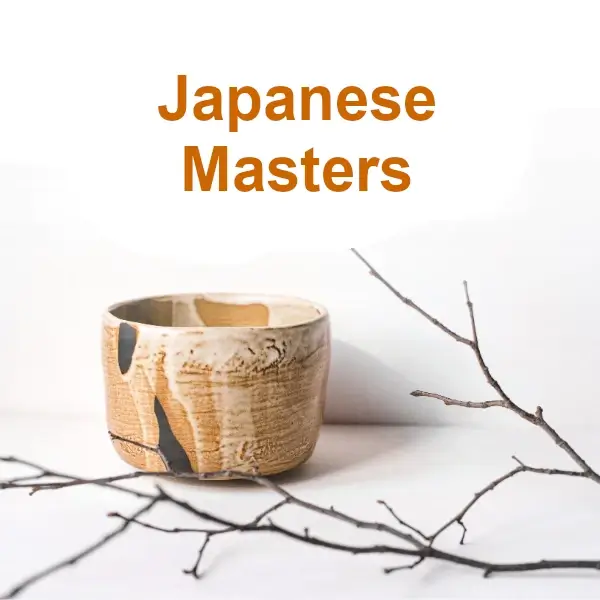Yū Fujiwara’s Art and Passion: Meet this ceramist
The Ceramic Saga of Fujiwara Yū
At the heart of the Bizen tradition, an art form that has endured through the centuries in Japan, emerged Fujiwara Yū, an artist whose lineage and talent positioned him at the pinnacle of modern ceramics. Born in 1932 as the first-born son of Fujiwara Kei, a Living National Treasure recognized for his mastery of Bizen ceramics, Yū inherited not only his family name, but also a legacy of innovation and excellence.
Initially, Yū ventured outside the confines of the pottery studio, exploring the world of journalism as a magazine editor after completing his university studies. However, the call of clay was inescapable, and under the influence of his father and Oyama Fujio, Yū returned to the familiar realm of ceramics, where he began his true education in the ancient art of Bizen.
Yū’s work is a masterful synthesis of technique and artistic vision, notable for its finely crafted texture and surfaces that reveal the distinctive character of Bizen clay. His pieces, often adorned with a natural ash glaze known as “gum,” are distinguished by a color palette characteristic of the Fujiwara family, with hues that transition from dark brown to purple under the light, creating an opalescent quality that has become a hallmark of his works.
Yū made his indelible mark on the international art scene in 1964, when his skill earned him the grand prize at the Barcelona International Ceramics Exhibition, and subsequently, as a visiting instructor, he brought his knowledge of ceramics to audiences around the world. In 1967, he established his own workshop in Honami, Bizen, ushering in an era of creative independence that would lead to numerous accolades, culminating in his designation as a Living National Treasure in 1996, the fourth ceramicist to receive such an honor for his work in Bizen.
Throughout his career, Yū strove to create pieces that not only respected functionality, suitable for both tea ceremony and everyday use, but also maximized the quiet, understated simplicity characteristic of Bizen ware. His works serve as the foundation for modern Bizen pieces, where usability and beauty are inseparably intertwined.
Fujiwara Yū passed away in 2001, but his legacy lives on through his innovative works and the profound influence he had on the evolution of Bizen ceramics. His life and art are a testament to the transformative power of tradition when it meets contemporary vision.
List of Japanese master ceramists
In an attempt to give recognition to the master ceramists of Japan, we have made a series of biographical articles, you can access them through this drop-down list.
We hope this will help to spread the beautiful tradition of Japanese pottery.
It will help us if you share on social media:
Other posts about Japanese pottery:
Meet the Japanese master Ōgata Kenzan and his art in Ceramics.
Hajime Katō: A Mind-Blowing Journey into Modern Japanese Art

